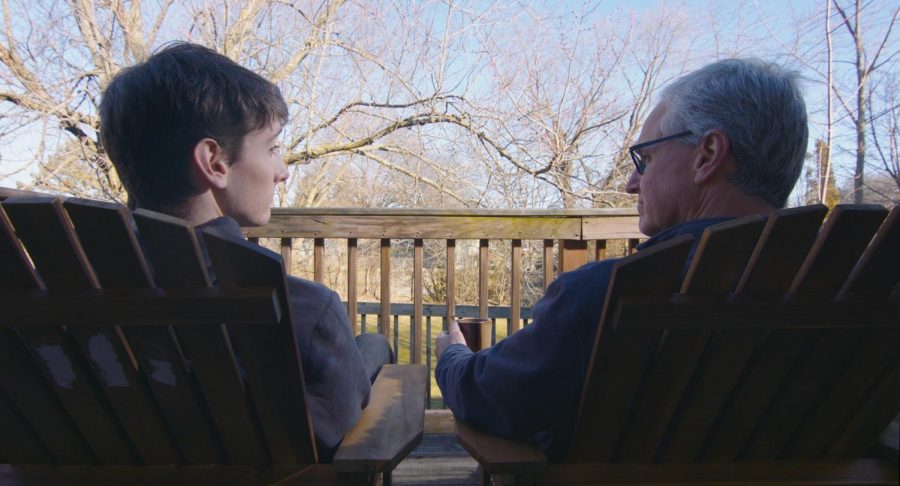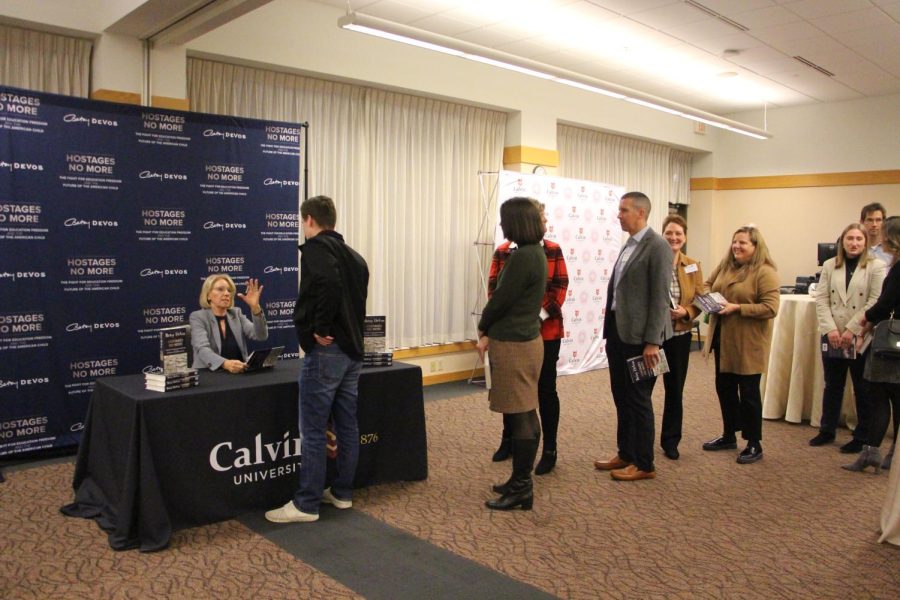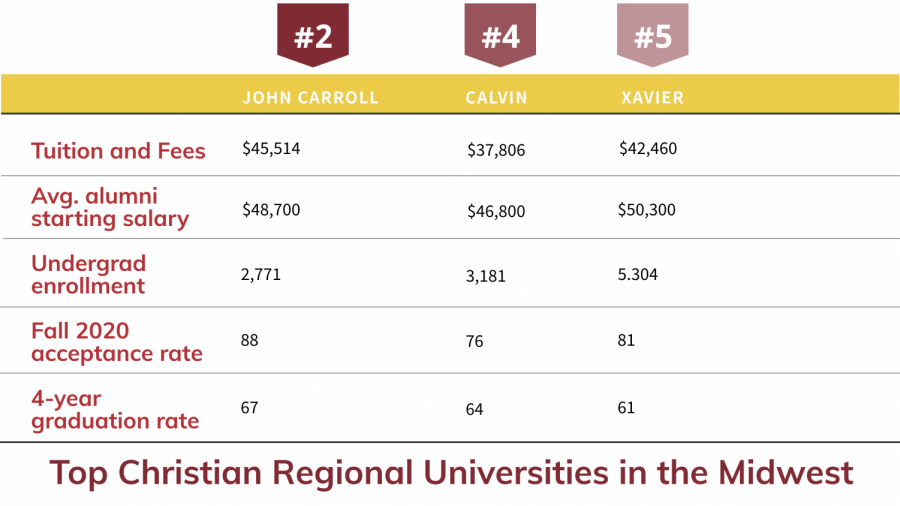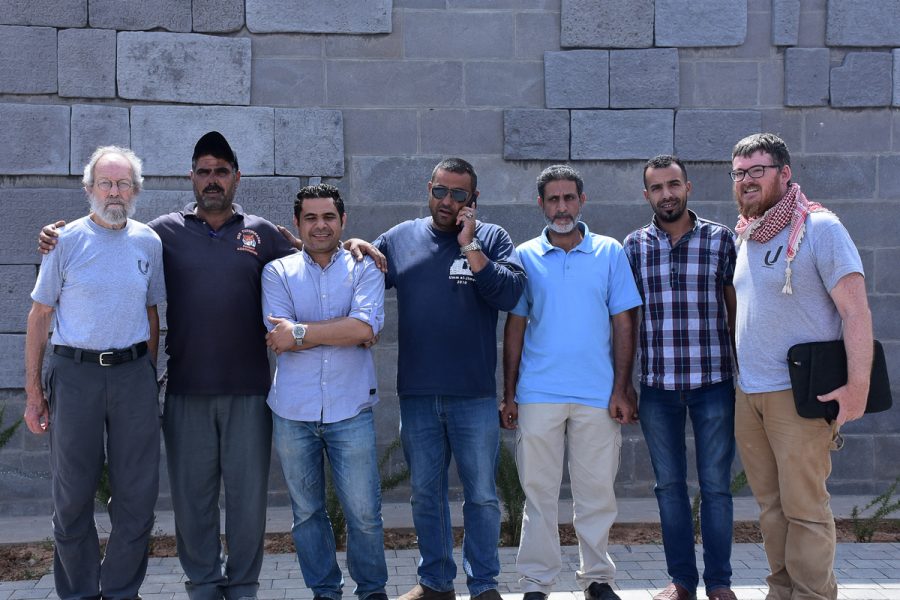What do we do when we’re worried about a fellow student? Maybe he or she has shown signs of depression, has stopped going to class, has been acting strangely or just not being his or her usual self.
Whether it’s a big, serious issue or a minor worry, you can contact the Calvin Assessment, Response and Evaluation (CARE) team.
The CARE team is a multi-disciplinary team of staff and faculty that has been assembled in order to protect the well-being of not only individuals, but also the Calvin community as a whole.
Its purpose is to pull from different resources on campus and try to identify who persons of concern might be. A representative from health services, academic services, judicial affairs, residence life, student development and Calvin’s faculty make up the CARE team.
Bill Corner, director of campus safety, and Cindy Kok, director of Broene Counseling Center, represent their respective services. Together the two laid the groundwork for not only the new team but also the website, which is now up and working.
Corner explained that the team was created in order “to make sure we have a central location where all the information is shared in confidentiality and we make sure we develop a strategy to respond and provide support and care for a student who we are concerned might be in crisis.”
Many colleges created similar teams after the massacre at Virginia Tech in 2007. As the story had developed, it became apparent that many different people had small concerns about the gunman, a Virginia Tech senior, but those concerns were never addressed because there was nowhere for that information to go.
Corner explained that information is easily lost because of the many different departments and divisions.
“I think it’s become a best practice for colleges and universities to have an intervention team,” Corner said. “We talk about sharing information and making sure information gets to where it needs to go.”
According to Kok, one of the ways the team identifies students in crisis is through online reports. Students or faculty can fill out a report on the team’s website if they have reason to be concerned about another student.
If a student is struggling with mental health issues, not going to class, talking about suicide or going from being a good student to a poor one, then the CARE team cares. They want to know whether the problem is a small concern or a big one.
Kok explained that small concerns are exactly what they want to know about.
“Our goal is to catch problems when they’re small and intervene so they don’t become a bigger problem,” Kok said.
Someone from the team reads the report within the workday and decides whether it’s an emergency or not. If it is, the appropriate people are called and it is taken care of right away.
If it isn’t, the report is brought to the next meeting, which takes place every other week. The team discusses what needs should be met for the student and what services need to reach out to them.
Corner explained the team’s process.
“We’ve identified a student, we’re concerned about their welfare,” Corner said, “and we want to make sure they’re okay and we know what resources need to be involved in helping that student. It’s really a matter of making sure we identify the proper resources to help them and those people come along side the student and make sure they are helping them get back on their feet.”
Kok explained that she and the health services representative are held to higher confidentiality requirements and act more as consultants for the team for their respective areas of expertise.
Kok explained the overall goal of the team.
“Intervene for the well-being of individual students on campus and for the safety and well-being of the campus as a whole,” she said.








